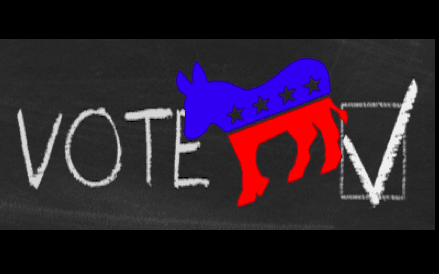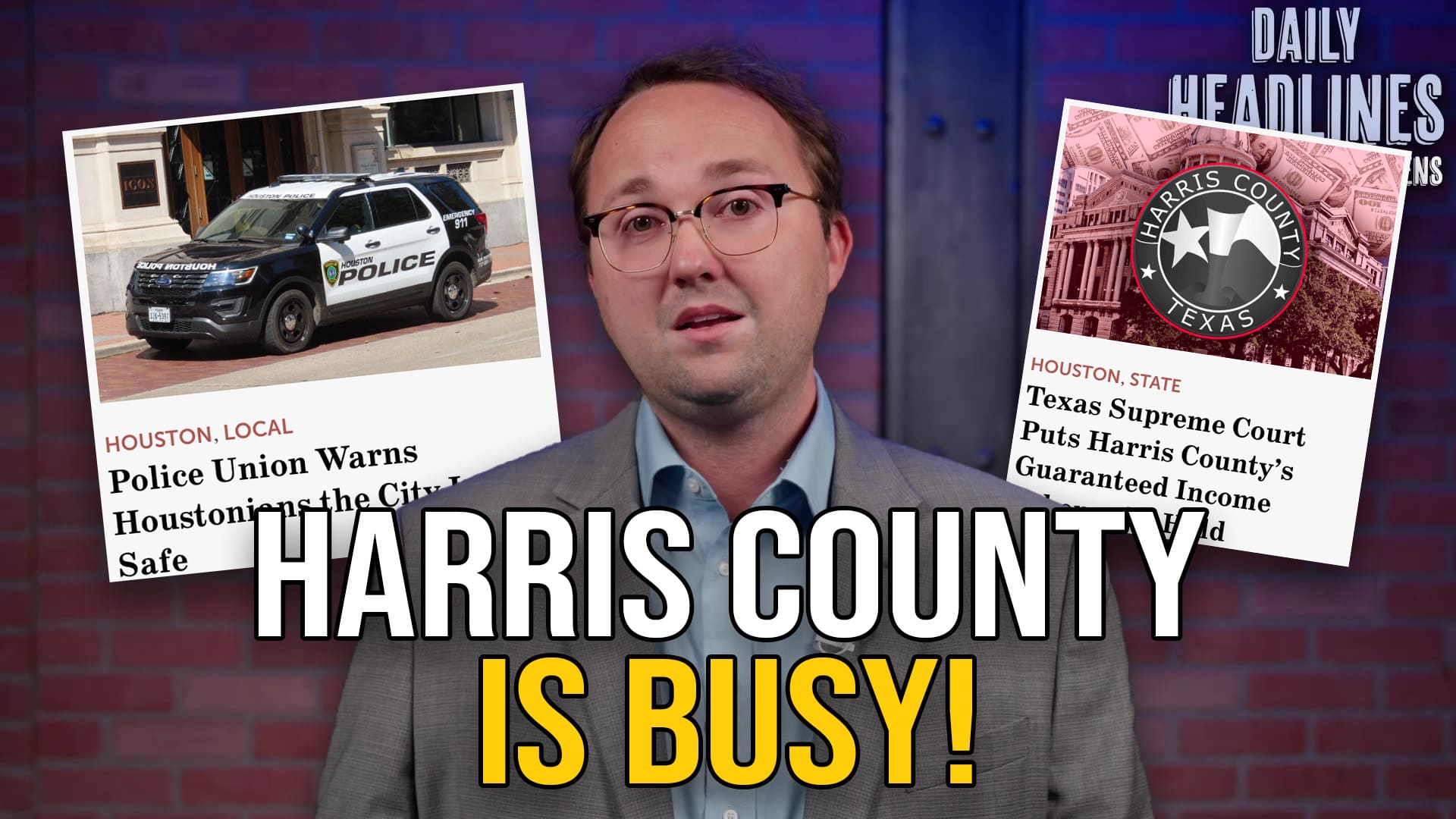AUSTIN — As Texas’ capital city prepares for a pivotal May election to decide the hotly contentious homeless camping issue, the Texas Supreme Court is allowing the Democrat-run city council to “mislead voters” and distort the ballot.
In a ruling on Tuesday, according to dissenting judges, the Texas Supreme Court did not require the Austin City Council to follow the city charter over their controversial ballot wording of the homeless camping question. Instead, the court only required the city to make two minor wording changes to the proposition.
The quick backstory: In 2019, the city council allowed vagrants to camp in nearly every public area in town, a decision that sparked a wildfire of health and safety problems and a storm of citizen outrage.
In 2021, citizen group Save Austin Now, in an effort to restore the city public camping law that the council unraveled, successfully submitted a 26,000 signature petition to city hall to force a public vote on the issue in May.
Then last month, after the city council wrote the text that will appear on citizens’ ballots, Save Austin Now sued the council, claiming they illegally wordsmithed the language to manipulate voters on the issue.
Specifically, the group argued the council violated the city charter by creating their own language instead of using the petition “caption” as the ballot description.
And on top of that, the council’s concocted language, according to the lawsuit, “grossly misleads voters,” “politically exaggerates” the punishments of the proposed public camping law (by repeatedly emphasizing the phrase “criminal offense and penalty”), and was “obviously intended to encourage voters to oppose the proposition.”
The Texas Supreme Court did slightly agree—but sidestepped the main issue.
In the Court’s 6-3 majority opinion, it said the council’s ballot text was “inaccurate and misleading” when it came to two words contained in the entire paragraph. The council wrote that “anyone” sitting or lying down on a sidewalk could be criminally punished, a claim the Court said was “not true” and misleading given the actual ordinance. The Court required the council to drop the word “anyone,” which occurred twice in the ballot description.
However, the Court did not touch the main, glaring legal problem: The council contrived its own ballot wording instead of using the petition’s text.
The Court did not resolve that dispute on the merits, saying it was an expedited case and the Save Austin Now team did not make “the clear showing required for emergency mandamus relief on this issue.”
Three dissenting justices sharply disagreed with that conclusion.
“I conclude the city charter makes the required ‘clear showing’ for them,” wrote Justice Jeff Boyd in the dissenting opinion, joined by Justices John Devine and Brett Busby.
Boyd explained in detail how the city charter is clear about which wording should be placed on the ballot and that the Court’s decision to allow the city council’s version was not justified.
“The city council had no discretion to create its own proposition or even its own caption when the law—in the form of the city’s own charter—requires it to use the caption of the initiated ordinance, as provided in the certified petition,” Boyd continued, adding that “based on the plain language of the City of Austin’s charter,” he would “requir[e] the city council to place the voter-initiated language on the ballot, instead of the language the council proposes.”
“Because the Court does not, I respectfully dissent,” he concluded.
Austin attorney Bill Aleshire, a former Travis County judge and prominent local Democrat involved in the case, applauded the three dissenting justices for their stance and said the council could still face legal consequences after the election.
“The Opinion and Dissenting Opinion can both be read, as a strong warning to the Council,” he said in a statement. “If the Council does not adopt the ballot language as required by the City Charter and Prop B [the homeless camping law] fails, then an election challenge is likely to be successful.”
On Tuesday, the council unanimously dropped the word “anyone” from the ballot paragraph concoction, but the rest of the wording remains the same.
Election Day is May 1.
To see a side-by-side comparison of the ballot wordings, click here.





